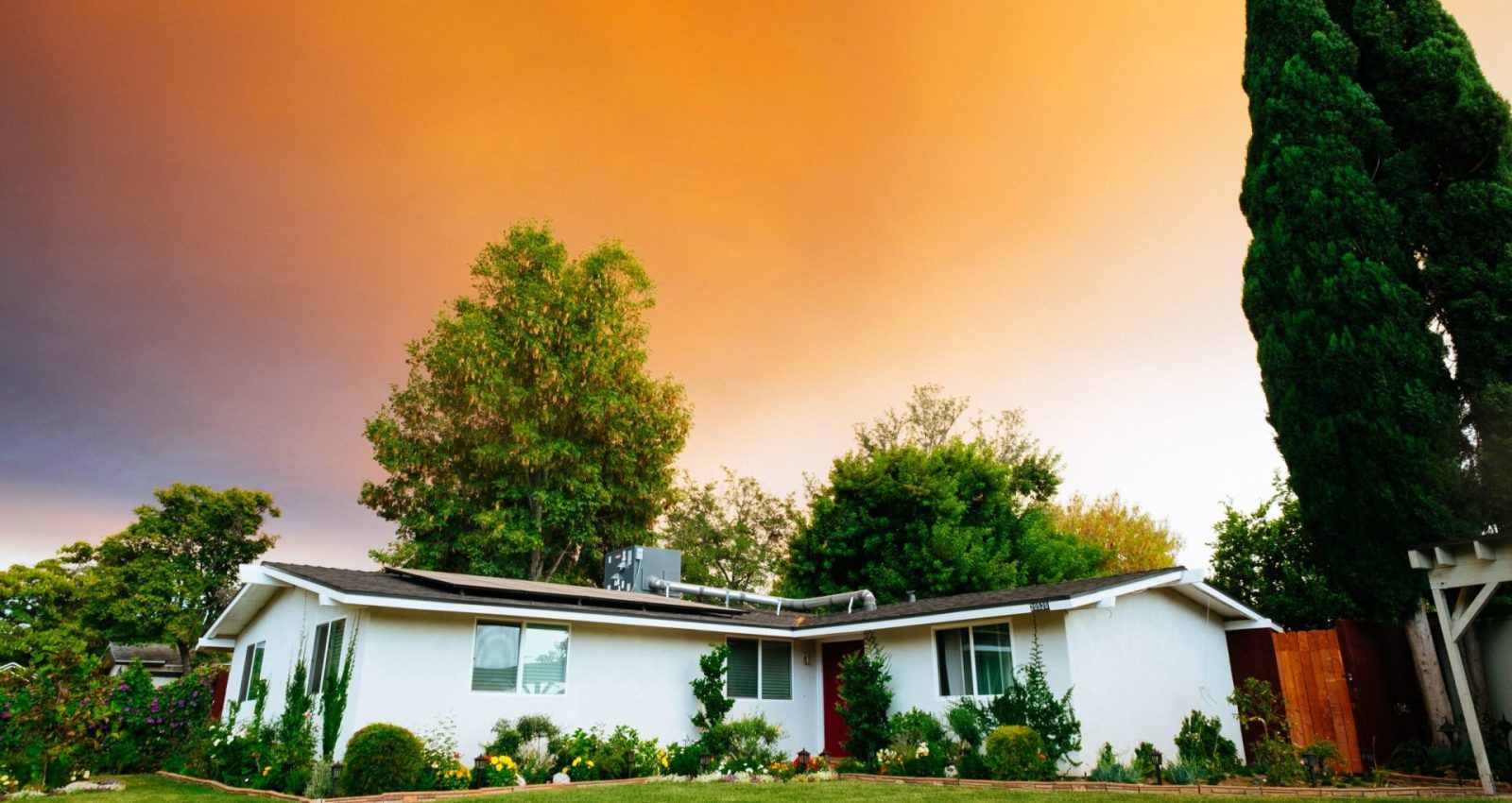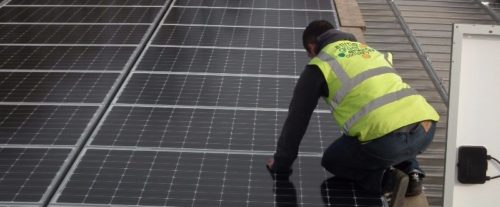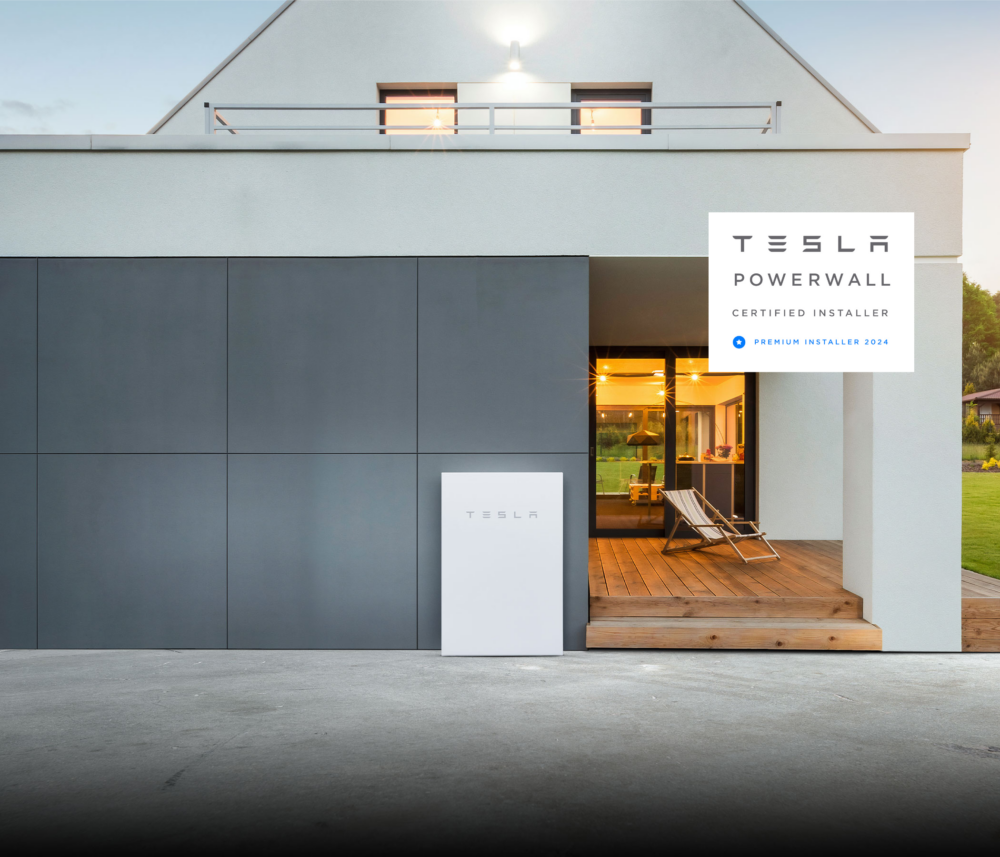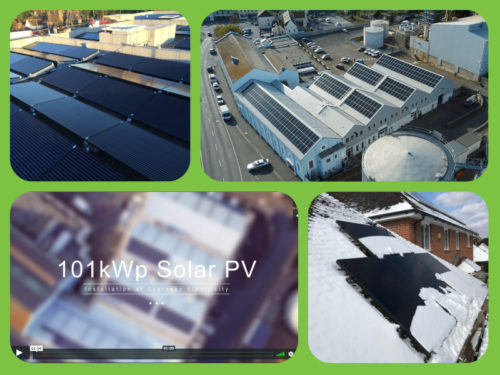How do solar panels reduce carbon footprint and help with energy independence?

Answer the questions below to start your quote
With global warming and the impacts of climate change not just looming over the horizon, but actively altering our day-to-day lives already, investing in residential solar panels is not just a good decision, but potentially also a necessary one. In recent years, the world has witnessed a surge in interest and adoption of residential solar panels as homeowners seek sustainable alternatives to combat rising energy bills, mitigate the impact of climate change, and prepare for the increasing frequency of extreme weather events and power outages. Everyone is increasingly more aware of their carbon footprint, and thinking of ways they can reduce their impact on the environment. This shift towards solar energy not only reduces reliance on traditional power grids but also contributes to a greener, more sustainable future. It’s a win-win all around.
Fight rising energy bills with residential solar panels
One of the driving forces behind the growing popularity of residential solar panels is the constant rise in energy bills. Conventional energy sources, such as fossil fuels, are finite and subject to price fluctuations influenced by geopolitical events. Homeowners are turning to solar power to take control of their energy consumption and reduce long-term energy costs. Installing solar panels allows households to generate their own electricity and, in some cases, even sell excess power back to the grid.
Residential solar panels help mitigate impact of climate change
The undeniable reality of climate change has spurred a global movement towards sustainable living. Extreme weather events, such as hurricanes, droughts, and wildfires, are becoming more frequent and severe. Residential solar panels offer a solution by harnessing clean and renewable energy from the sun, thus reducing the carbon footprint associated with traditional energy sources. By transitioning to solar power, homeowners contribute to the collective effort to mitigate climate change and create a more sustainable and resilient future. As extreme weather events become more common, traditional power grids are increasingly vulnerable to disruptions. Storms, floods, and other natural disasters have led to widespread power outages, leaving communities without electricity for extended periods. Residential solar panels, equipped with battery storage systems, provide a reliable source of power during such emergencies. This not only enhances energy resilience at the individual level but also contributes to the overall stability of the grid by reducing the strain on centralised power systems.
Resilience during power outages
In addition to the impact of extreme weather events, power outages due to system failures or maintenance issues are unfortunately rather common. Residential solar panels, when coupled with energy storage solutions like batteries, offer homeowners the ability to maintain power even when the grid goes down. This not only ensures uninterrupted access to essential appliances but also provides a sense of security and independence during unforeseen circumstances.
Residential solar panels are a key player in the transition towards a more sustainable and resilient future. As homeowners embrace solar energy, they not only reduce their carbon footprint but also gain control over their energy costs and contribute to a more robust and reliable energy infrastructure. With the continued advancement of solar technology and increasing awareness of environmental issues, the future of sustainable living looks bright.


